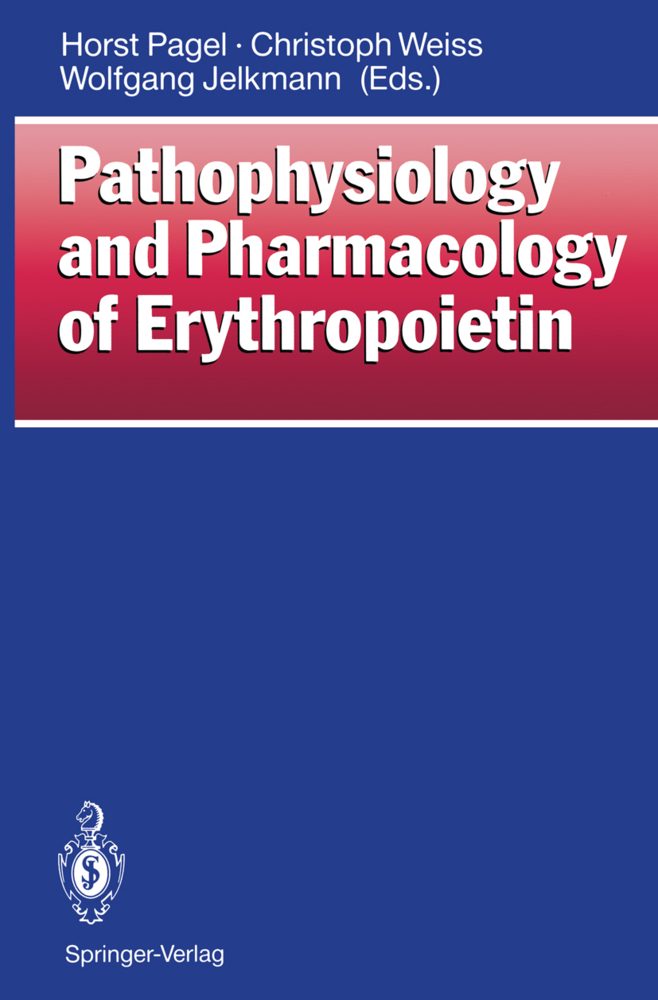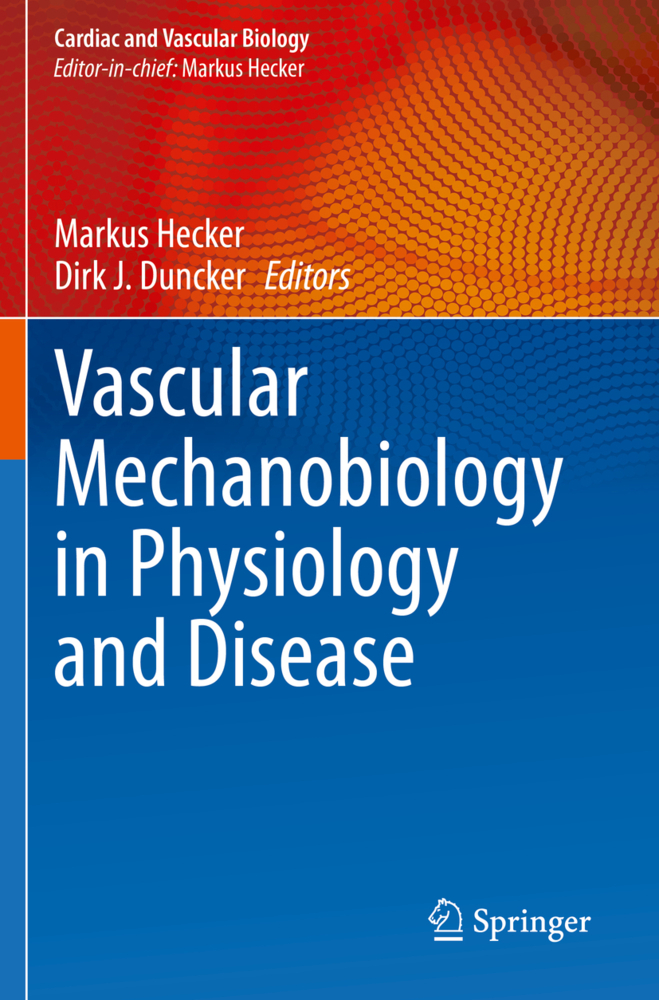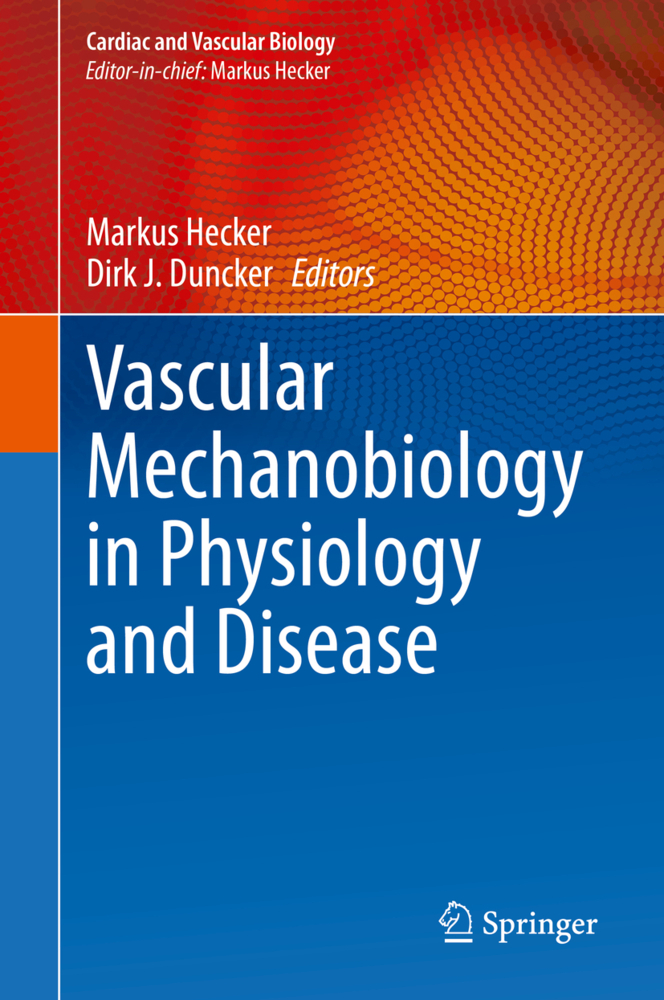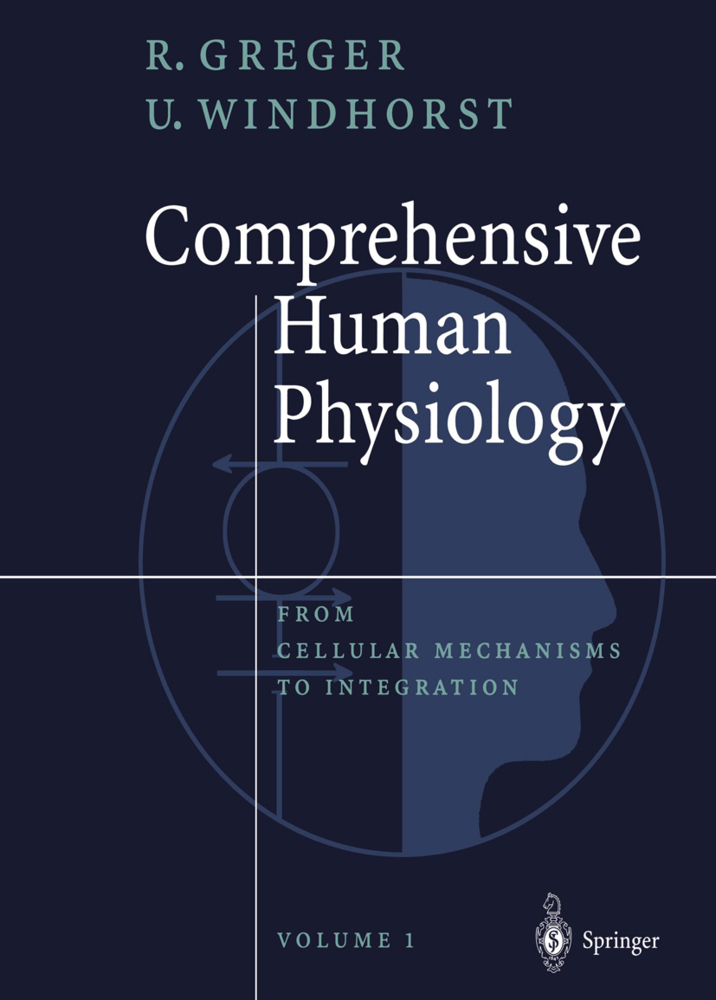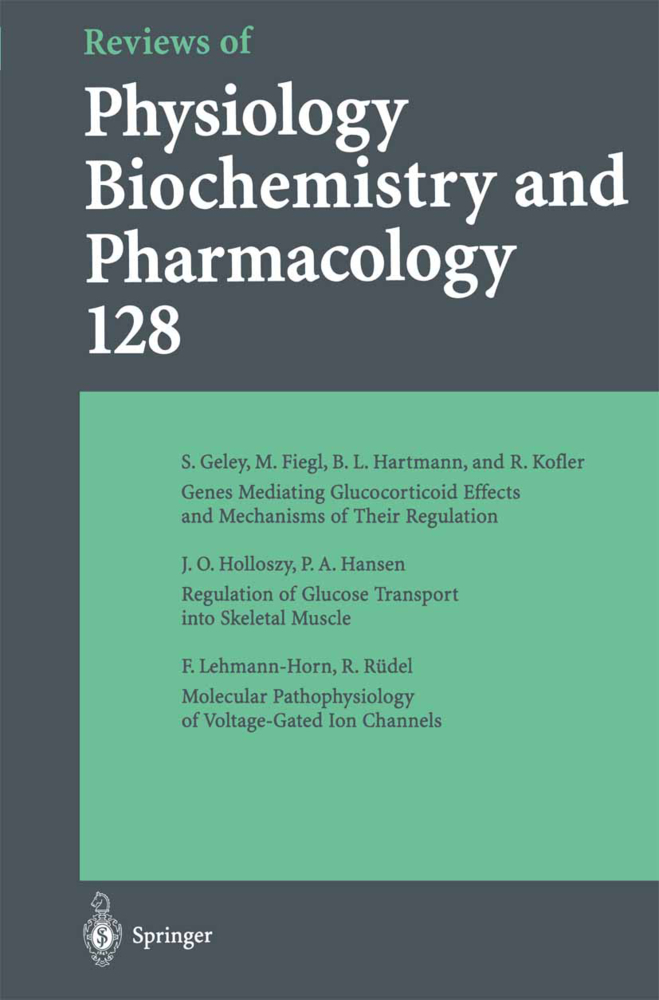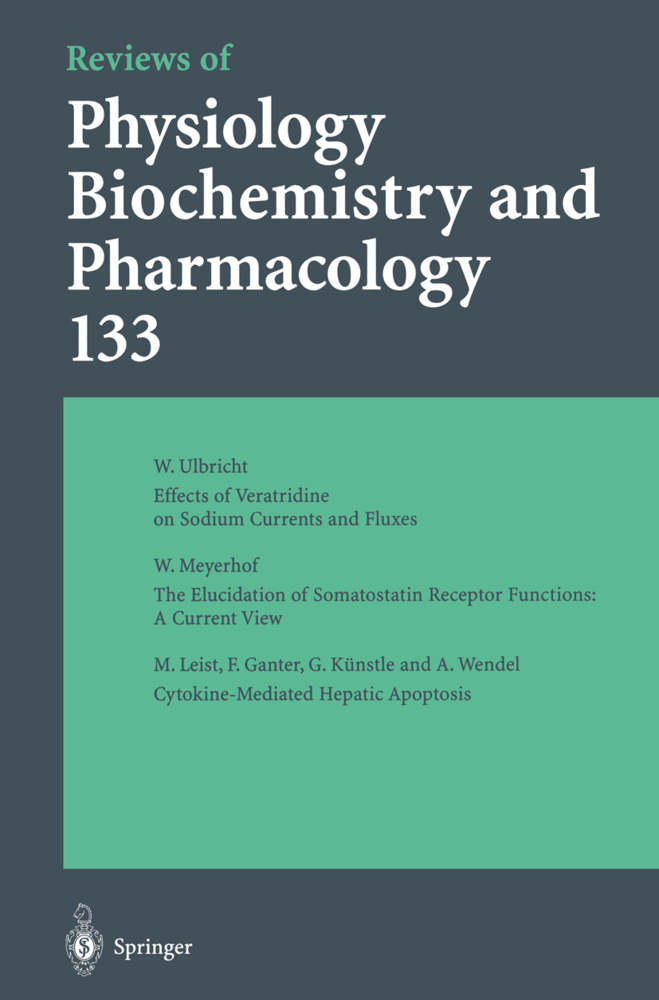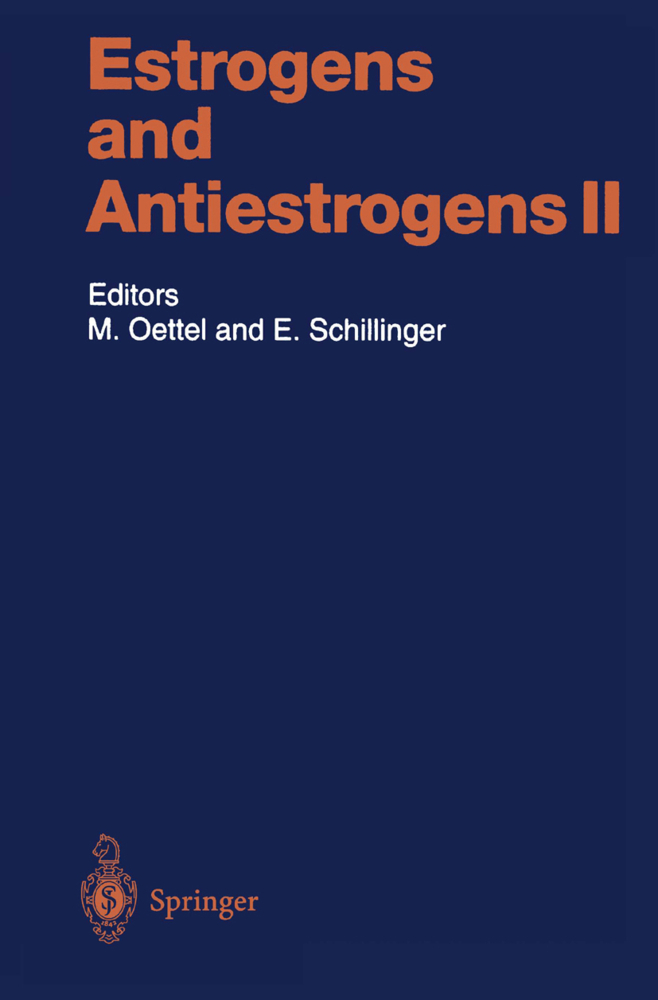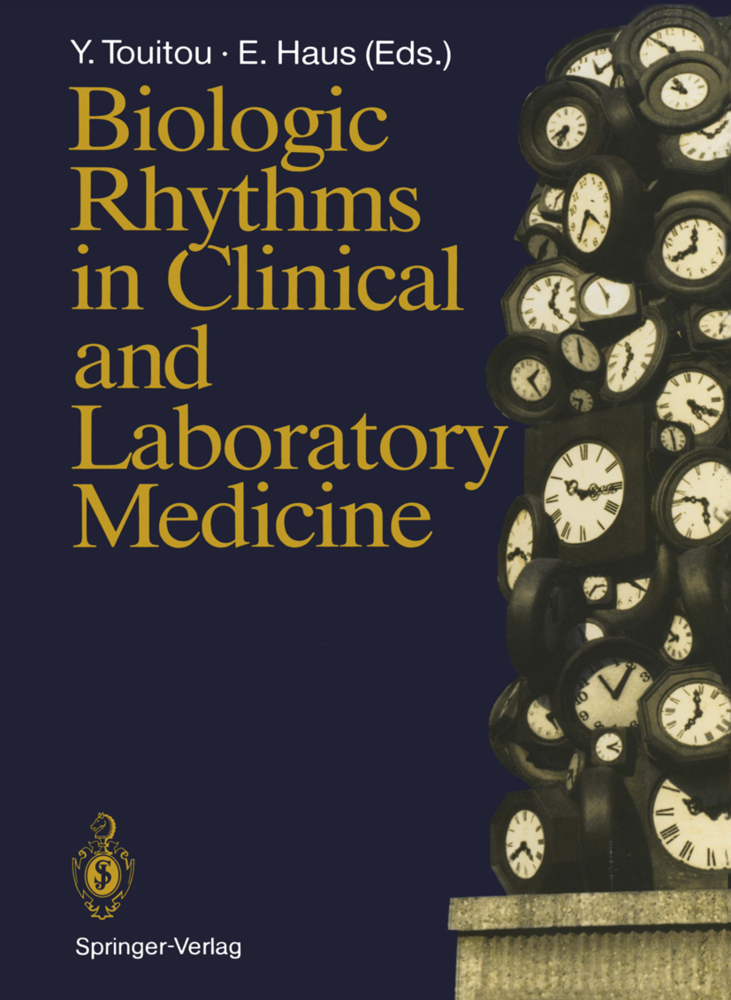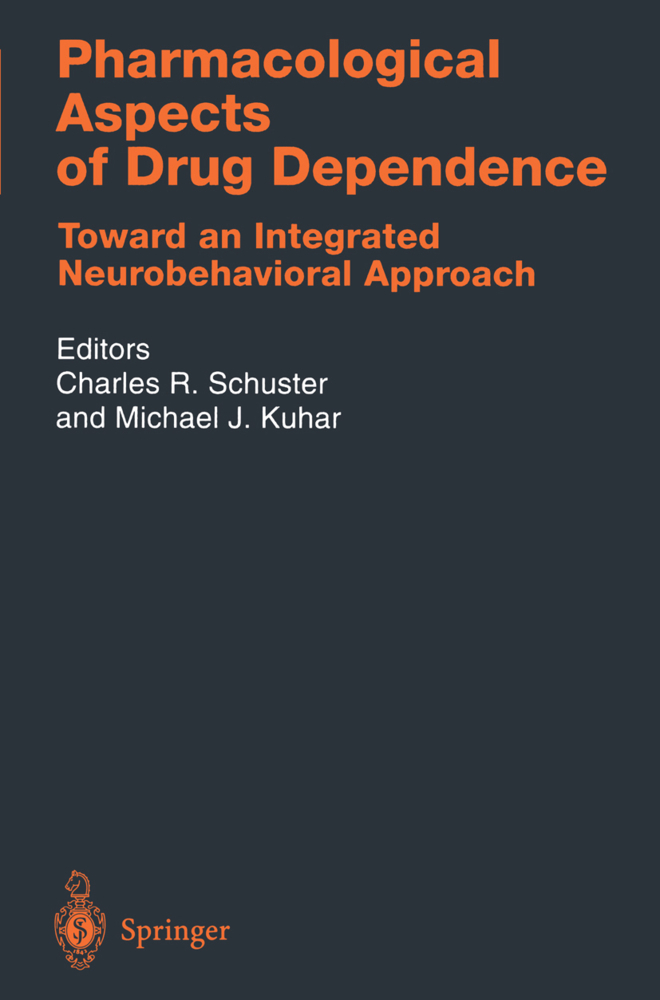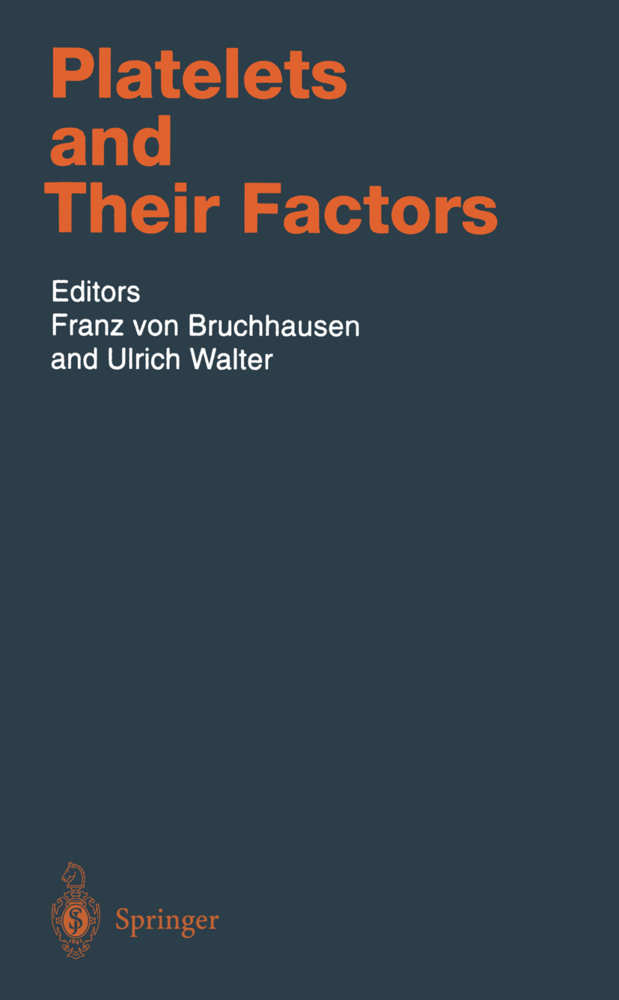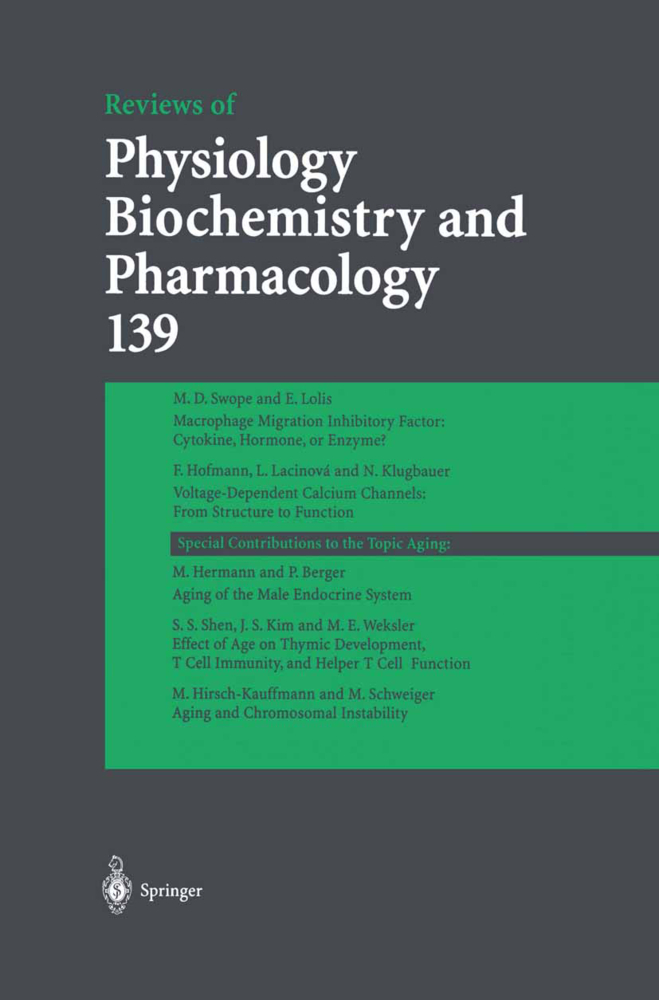Pathophysiology and Pharmacology of Erythropoietin
Pathophysiology and Pharmacology of Erythropoietin
I am honored to be invited to prepare a foreword for the proceedings of the Second International Lubeck Conference on Erythropoietin (Epo). I congratulate Wolfgang Jelkmann, Horst Pagel and Christoph Weiss for their organization of an excellent program for this conference which updated all of us on the advances made in erythropoietin research during the past few years since the first conference in June of 1988. I am sure that Professor Paul Carnot, had he been present at this conference, would be very pleased and proud of the advances made in the field of erythropoietin since his and Madame DeFlandre's seminal finding in 1906 (1) that rabbits produced a humoral substance following bleeding which controls red blood cell production. The reports by Hjort in 1936 (2) and by Erslev in 1953 (3) that large volumes of plasma or serum from rabbits following a bleeding stimulus, when injected into normal donor rabbits, produced a reticulocytosis, were very significant in confirming the existence of a humoral factor which controls erythropoiesis. Reissmann's parabiotic rat experiments in 1950 (4) reawakened interest in erythropoietin when he proved that hypoxia stimulated the production of a factor which regulates red cell produc tion. The studies of several investigators such as Jacobson et al. (5), Fisher and Birdwell (6), Kuratowska et al. (7) and Nathan et al.
Structure-Function Relationships of Erythropoietin
Isoforms of Recombinant Human Erythropoietin
Activation of the Erythropoietin Receptor in the T3C12 Friend Erythroleukemia Cell Line
II. Sites and Control of Production
The Role of Adenosine in Hypoxic Regulation of Kidney Production of Erythropoietin
Oxygen Shunt Diffusion in Renal Cortex and Its Physiological Link to Erythropoietin Production
Oxygen Sensing and Erythropoietin mRNA Production in Isolated Perfused Rat Kidneys
Analysis of Erythropoietin Gene Expression by Means of Competitive Polymerase Chain Reaction
The Developmental Biology of Erythropoiesis and Erythropoietin: Is Erythropoietin a True Hormone or a Paracrine Factor
Insulin-like Growth Factor 1 and Erythropoiesis During Growth
III. Blood Levels in Health and Disease
Clinical Applicability of the Determination of Erythropoietin
A Sensitive ELISA for Erythropoietin and Its Application in Various Diseases
Use of Erythropoietin Radioimmunoassay in Polycythemias
Effects of Exercise on Plasma Erythropoietin in Natives Living Permanently at High Altitude
Erythropoietin Concentration in Renal Venous Blood in Patient with Renovascular Hypertension: Is It a Marker of Renal Ischemia
Serum Erythropoietin Levels in Von Hippel-Lindau Syndrome
IV. Erythropoietin Replacement in Renal Failure
Iron Metabolism Under Treatment of Renal Anemia with Recombinant Human Erythropoietin
Erythropoietin Treatment in Children with Renal Anemia
Bone Marrow Erythroid Precursor Cytoplasmic Ca2+ and 1, 25-Dihydroxyvitamin D3 Regulate the Response to Human Recombinant Erythropoietin in Uremia: In Vitro and In Vivo Studies
Dyserythropoietic Abnormalities in Hemodialysis Patients on Long-Term Therapy with Human Recombinant Erythropoietin
Cardiological Findings in Patients with End-Stage Renal Failure Under Treatment with Erythropoietin
Long-Term Treatment with Recombinant Human Erythropoietin in Haemodialysis Patients: Effects on Left Ventricular Performance
Retinal Hypoxia and Anemia in Chronic Renal Failure: Effect of Erythropoietin
Experience with Subcutaneous Versus Intravenous Administration of Erythropoietin in Haemodialysis Patients
Pharmacodynamic Aspects of Recombinant Human Erythropoietin - Long-Term Results in Patients with Hemodialysis Treatment
Comparison of Three Routes of Administration of Recombinant Human Erythropoietin Expressed in C-127 Mouse Cells
Peritoneal Permeability in Continuous Ambulatory Peritoneal Dialysis After the Correction of Anemia by Erythropoietin
V. Primary Hemopoietic Disorders and Chemotherapy
Serum Erythropoietin Levels in Aplastic Anemia Determined by ELISA
Serum Erythropoietin in Myelodysplasia Syndromes
Antigenic Characteristics of Erythropoietin-Dependent and -Independent Erythroid Progenitors in Chronic Myeloproliferative Disorders Defined by Monoclonal Antibodies
Chemotherapy and Erythropoietin Production
Production of Erythropoietin During and After Thiamphenicol Treatment Occurs Independently of Peripheral Blood Cell Numbers
VI. Application of Recombinant Erythropoietin in Non-Renal Anemia
Effects of Inflammatory Cytokines on the Production of Erythropoietin
The Use of Recombinant Human Erythropoietin in the Treatment of the Anemia of Chronic Disorders
Recombinant Human Erythropoietin in the Treatment of Anaemia in Rheumatoid Arthritis
Erythropoietin in Neoplastic Diseases: Preliminary Results
Erythropoietin Effects on Acute Anemia Induced by Antineoplastic Therapy in the Case of a Uremic Patient with Lymphoma
The Therapeutic Effect of Recombinant Human Cytokines (GM-CSF, Interleukin-3, Erythropoietin) in Patients with Myelodysplasia Syndromes
The Effect of Erythropoietin in Chemotherapy-Induced Anaemia in Patients with Osteosarcoma and Ewing's Sarcoma
Erythropoietin in Bone Marrow Transplantation: Pathophysiology and Clinical Use
Experimental and Clinical Results of Perioperative Treatment with Recombinant Human Erythropoietin.
List of Contents
I. Structure and ActionStructure-Function Relationships of Erythropoietin
Isoforms of Recombinant Human Erythropoietin
Activation of the Erythropoietin Receptor in the T3C12 Friend Erythroleukemia Cell Line
II. Sites and Control of Production
The Role of Adenosine in Hypoxic Regulation of Kidney Production of Erythropoietin
Oxygen Shunt Diffusion in Renal Cortex and Its Physiological Link to Erythropoietin Production
Oxygen Sensing and Erythropoietin mRNA Production in Isolated Perfused Rat Kidneys
Analysis of Erythropoietin Gene Expression by Means of Competitive Polymerase Chain Reaction
The Developmental Biology of Erythropoiesis and Erythropoietin: Is Erythropoietin a True Hormone or a Paracrine Factor
Insulin-like Growth Factor 1 and Erythropoiesis During Growth
III. Blood Levels in Health and Disease
Clinical Applicability of the Determination of Erythropoietin
A Sensitive ELISA for Erythropoietin and Its Application in Various Diseases
Use of Erythropoietin Radioimmunoassay in Polycythemias
Effects of Exercise on Plasma Erythropoietin in Natives Living Permanently at High Altitude
Erythropoietin Concentration in Renal Venous Blood in Patient with Renovascular Hypertension: Is It a Marker of Renal Ischemia
Serum Erythropoietin Levels in Von Hippel-Lindau Syndrome
IV. Erythropoietin Replacement in Renal Failure
Iron Metabolism Under Treatment of Renal Anemia with Recombinant Human Erythropoietin
Erythropoietin Treatment in Children with Renal Anemia
Bone Marrow Erythroid Precursor Cytoplasmic Ca2+ and 1, 25-Dihydroxyvitamin D3 Regulate the Response to Human Recombinant Erythropoietin in Uremia: In Vitro and In Vivo Studies
Dyserythropoietic Abnormalities in Hemodialysis Patients on Long-Term Therapy with Human Recombinant Erythropoietin
Cardiological Findings in Patients with End-Stage Renal Failure Under Treatment with Erythropoietin
Long-Term Treatment with Recombinant Human Erythropoietin in Haemodialysis Patients: Effects on Left Ventricular Performance
Retinal Hypoxia and Anemia in Chronic Renal Failure: Effect of Erythropoietin
Experience with Subcutaneous Versus Intravenous Administration of Erythropoietin in Haemodialysis Patients
Pharmacodynamic Aspects of Recombinant Human Erythropoietin - Long-Term Results in Patients with Hemodialysis Treatment
Comparison of Three Routes of Administration of Recombinant Human Erythropoietin Expressed in C-127 Mouse Cells
Peritoneal Permeability in Continuous Ambulatory Peritoneal Dialysis After the Correction of Anemia by Erythropoietin
V. Primary Hemopoietic Disorders and Chemotherapy
Serum Erythropoietin Levels in Aplastic Anemia Determined by ELISA
Serum Erythropoietin in Myelodysplasia Syndromes
Antigenic Characteristics of Erythropoietin-Dependent and -Independent Erythroid Progenitors in Chronic Myeloproliferative Disorders Defined by Monoclonal Antibodies
Chemotherapy and Erythropoietin Production
Production of Erythropoietin During and After Thiamphenicol Treatment Occurs Independently of Peripheral Blood Cell Numbers
VI. Application of Recombinant Erythropoietin in Non-Renal Anemia
Effects of Inflammatory Cytokines on the Production of Erythropoietin
The Use of Recombinant Human Erythropoietin in the Treatment of the Anemia of Chronic Disorders
Recombinant Human Erythropoietin in the Treatment of Anaemia in Rheumatoid Arthritis
Erythropoietin in Neoplastic Diseases: Preliminary Results
Erythropoietin Effects on Acute Anemia Induced by Antineoplastic Therapy in the Case of a Uremic Patient with Lymphoma
The Therapeutic Effect of Recombinant Human Cytokines (GM-CSF, Interleukin-3, Erythropoietin) in Patients with Myelodysplasia Syndromes
The Effect of Erythropoietin in Chemotherapy-Induced Anaemia in Patients with Osteosarcoma and Ewing's Sarcoma
Erythropoietin in Bone Marrow Transplantation: Pathophysiology and Clinical Use
Experimental and Clinical Results of Perioperative Treatment with Recombinant Human Erythropoietin.
Pagel, Horst
Weiss, Christoph
Jelkmann, Wolfgang
| ISBN | 978-3-642-77076-0 |
|---|---|
| Artikelnummer | 9783642770760 |
| Medientyp | Buch |
| Auflage | Softcover reprint of the original 1st ed. 1992 |
| Copyrightjahr | 2011 |
| Verlag | Springer, Berlin |
| Umfang | XVI, 328 Seiten |
| Abbildungen | XVI, 328 p. |
| Sprache | Englisch |

